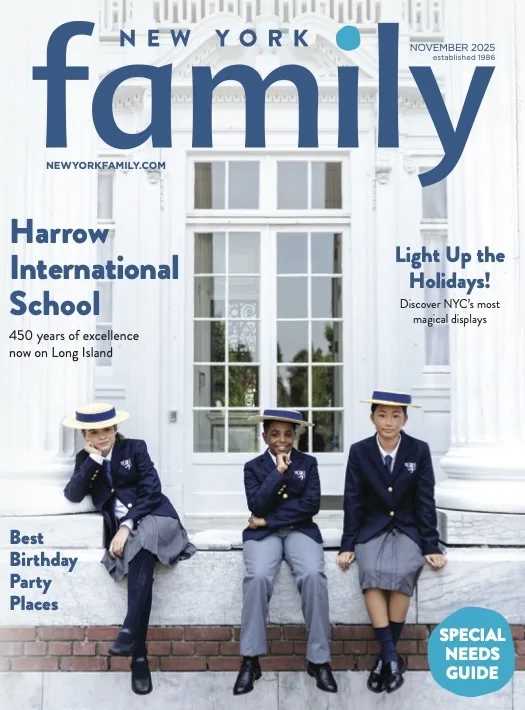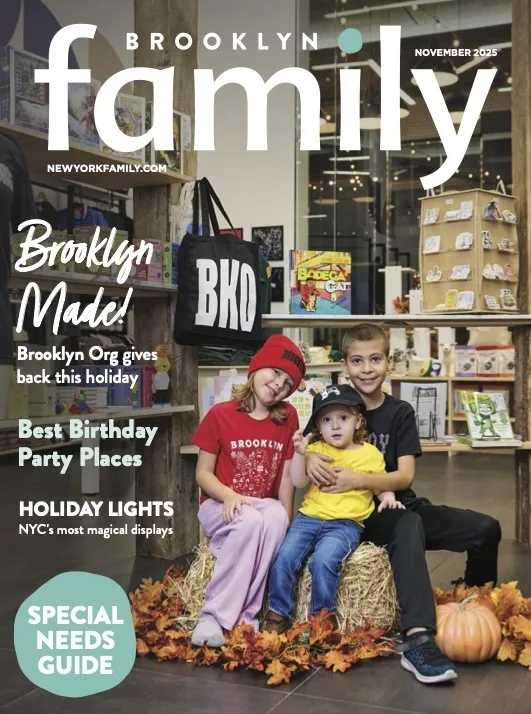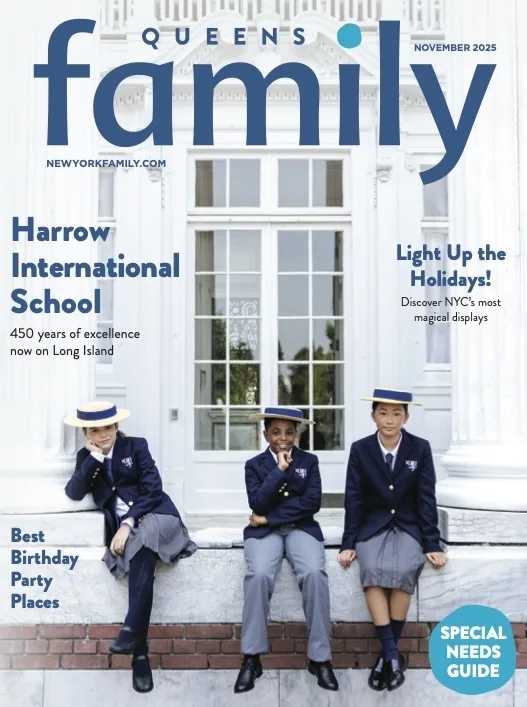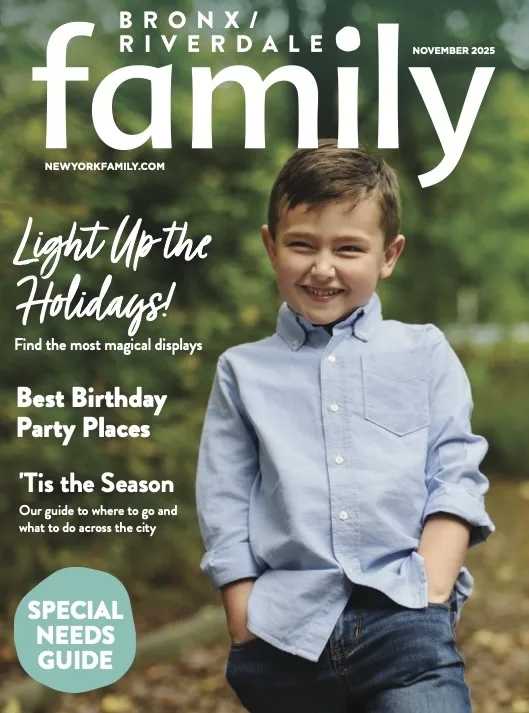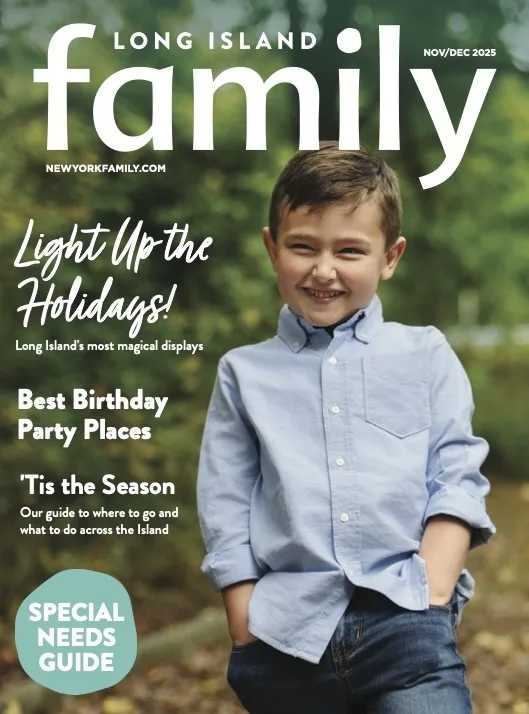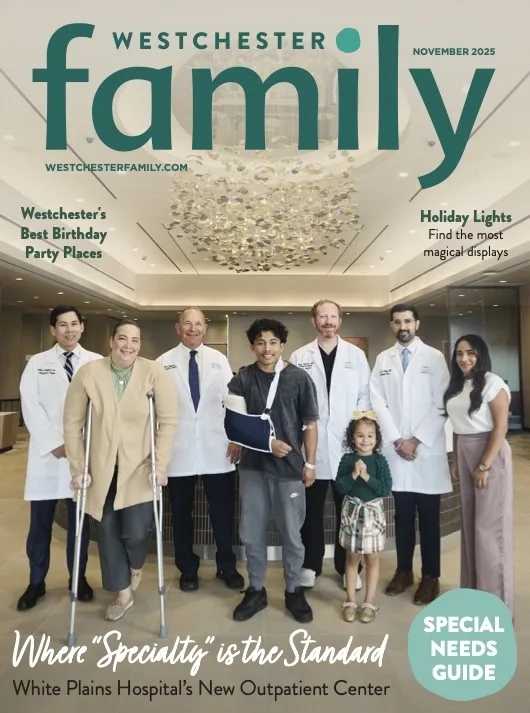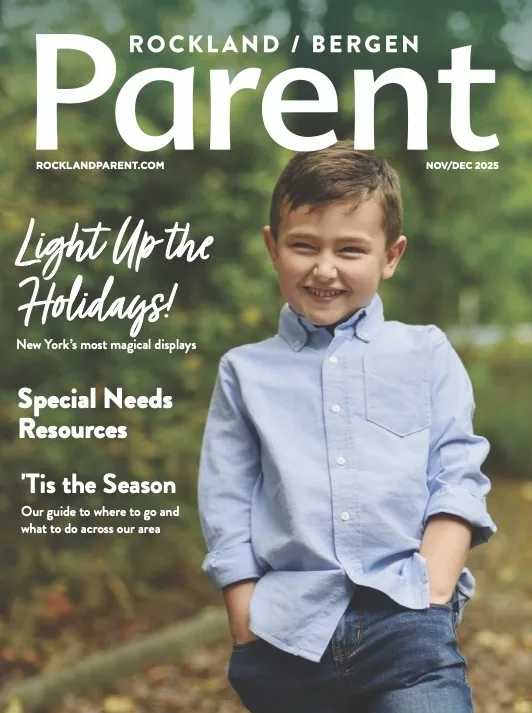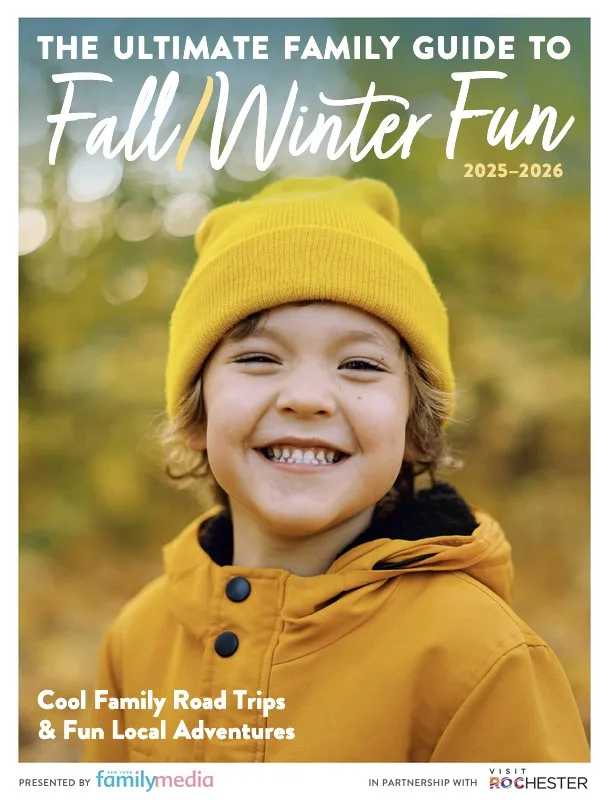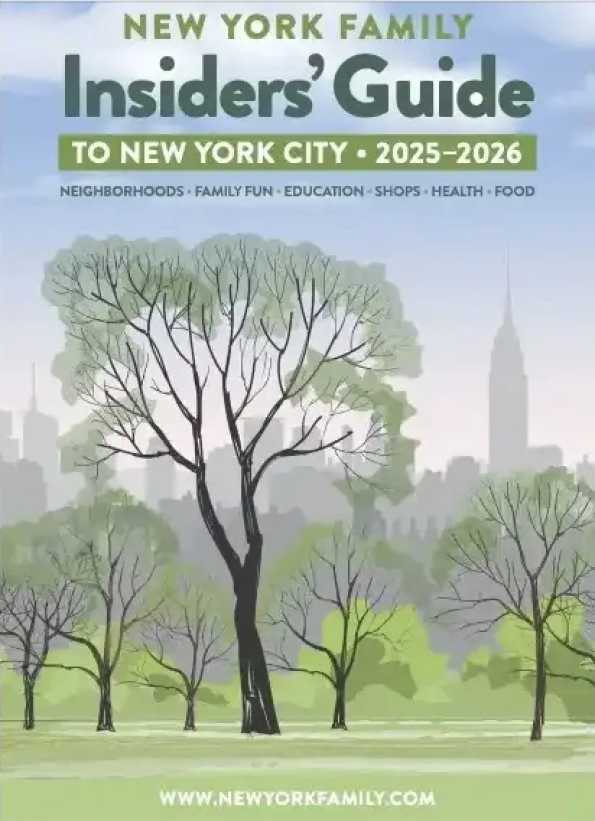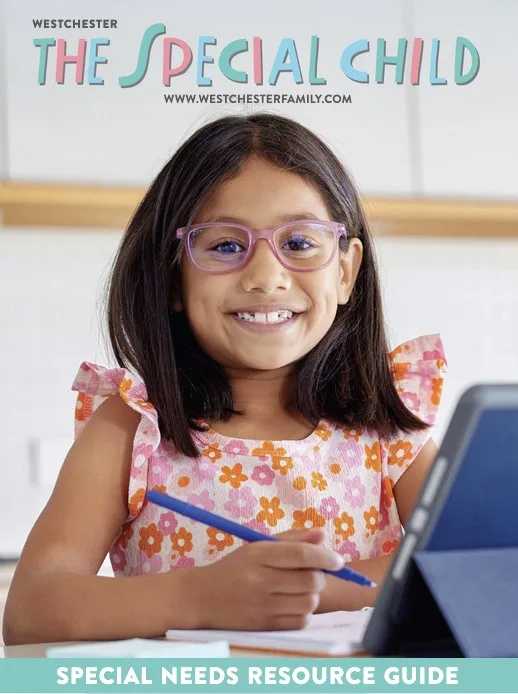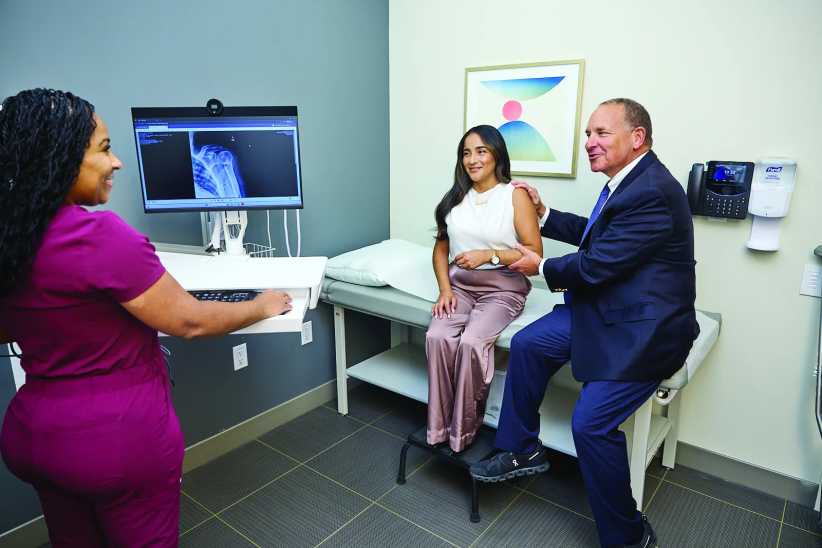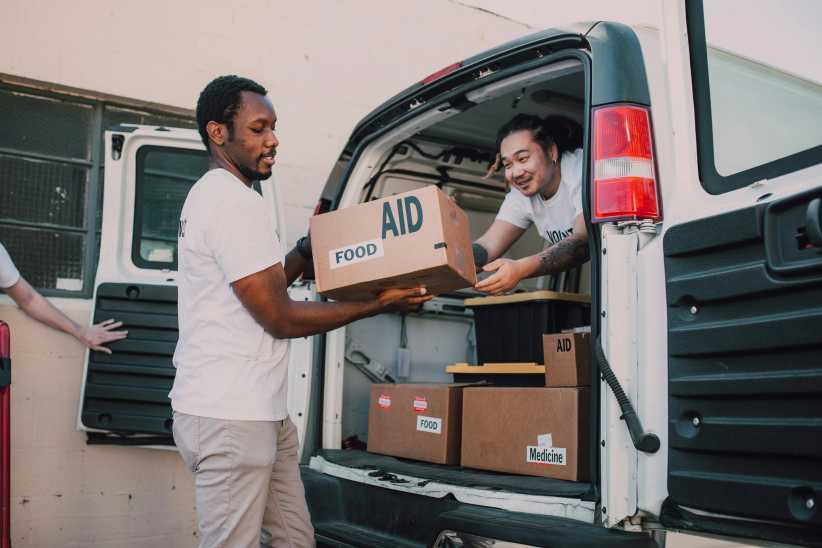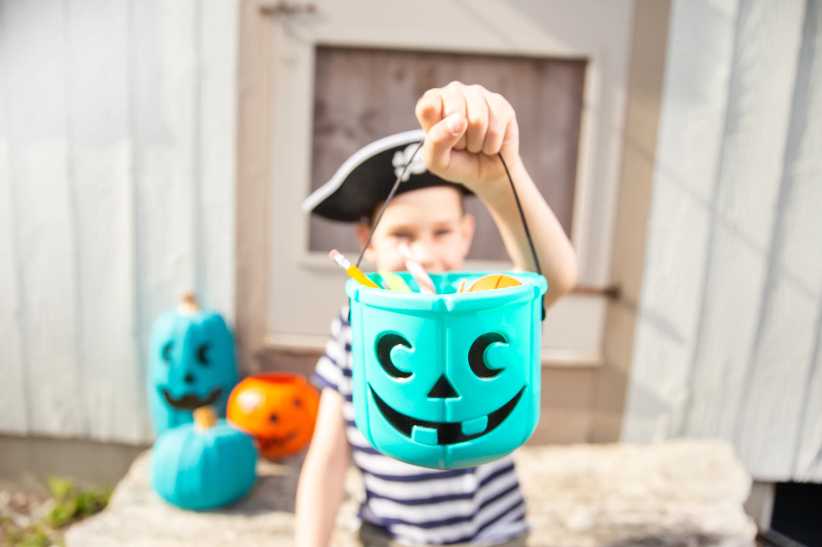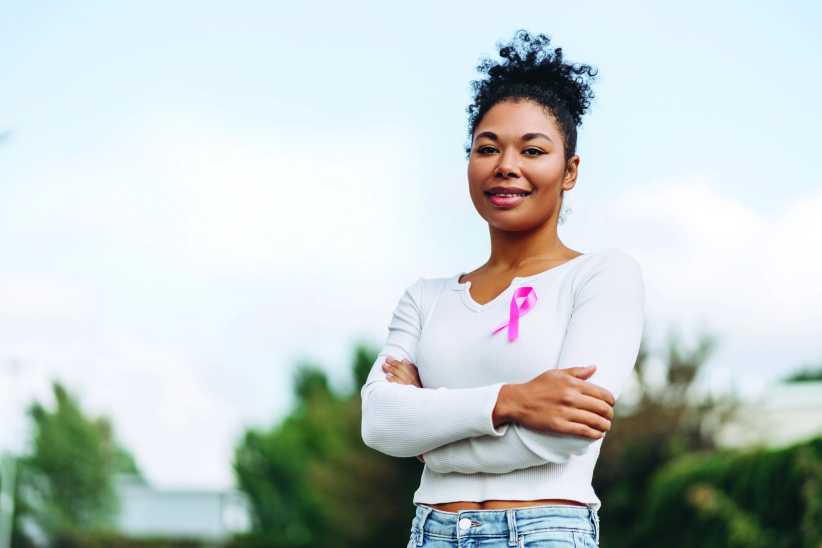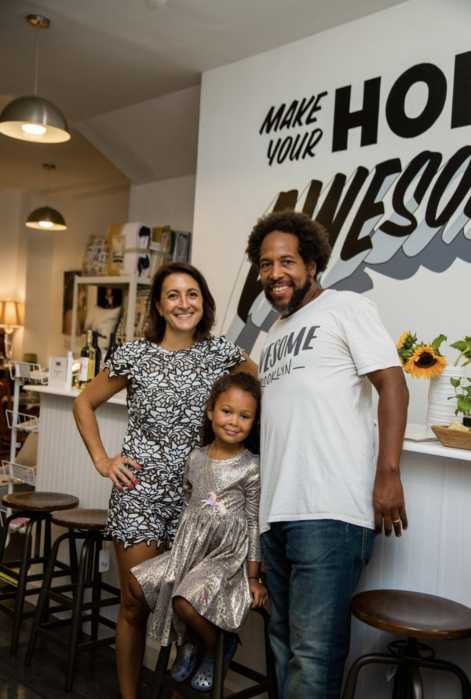I miss romantic movies.
I realized this only recently over Christmas break when I had some downtime. It was the first time in a full year that I had one entire week in which I did not have to get up to the sound of my phone alarm. It was glorious. During that splendid week, once the hustle and bustle was over, I noticed that there were so many movies that I loved on various channels, and I happily indulged (albeit often while checking e-mails, but still).
There was “Prelude To A Kiss,” “Moonstruck,” and “The Family Man.” While none of these are particularly life-changing, they are entertaining and relatable family tales in which one person loves another person. Yes, they have trials. Yes, they have fights. Yes, they question whether they should be together at times. But in the end, they love each other.
Love.
The characters aren’t scouring Tinder for a new hook-up or late-night texting to plan for a friends-with-benefits situation. They actually found a person attractive — in real life, and (gasp) spoke to them (!), and then essentially got to know them. They fell in love and decided to spend their life with that one person.
I have not been to a good movie in … wait, let me think … I honestly can’t even remember the last time I went to a good movie. The theaters now seem packed with action flicks, superhero remakes, and, well, utter crap: trashy material aimed at teens, which ironically attract countless middle-aged people, too.
Where are the true love movies? Where are the stories that show us, especially our youth, that although relationships are tricky, falling in love is possible — that any relationships, romantic or otherwise, require sacrifice and dedication, and that life is more than liking half-naked photos on your phone?
We need to be reminded that relationships are work, whether we are talking about friendships, romantic relationships, or even work partnerships. Being in any relationship requires us to grow and move beyond our comfort zones. A good relationship will challenge you, but the rewards are immeasurable.
The good thing is that February is the month of love, so the cable networks will be playing all the favorites — get ready for the marathons. While I do love stories, I’ve never seen the one that so many swear by, “The Way We Were.” I know the story, but I want to see it for myself, from beginning to end. Or course, if “The Notebook” happens to find its way to my TV, well, I’ll happily indulge in that, too.
Danielle Sullivan, a mom of three, is a writer and editor living in New York City.
